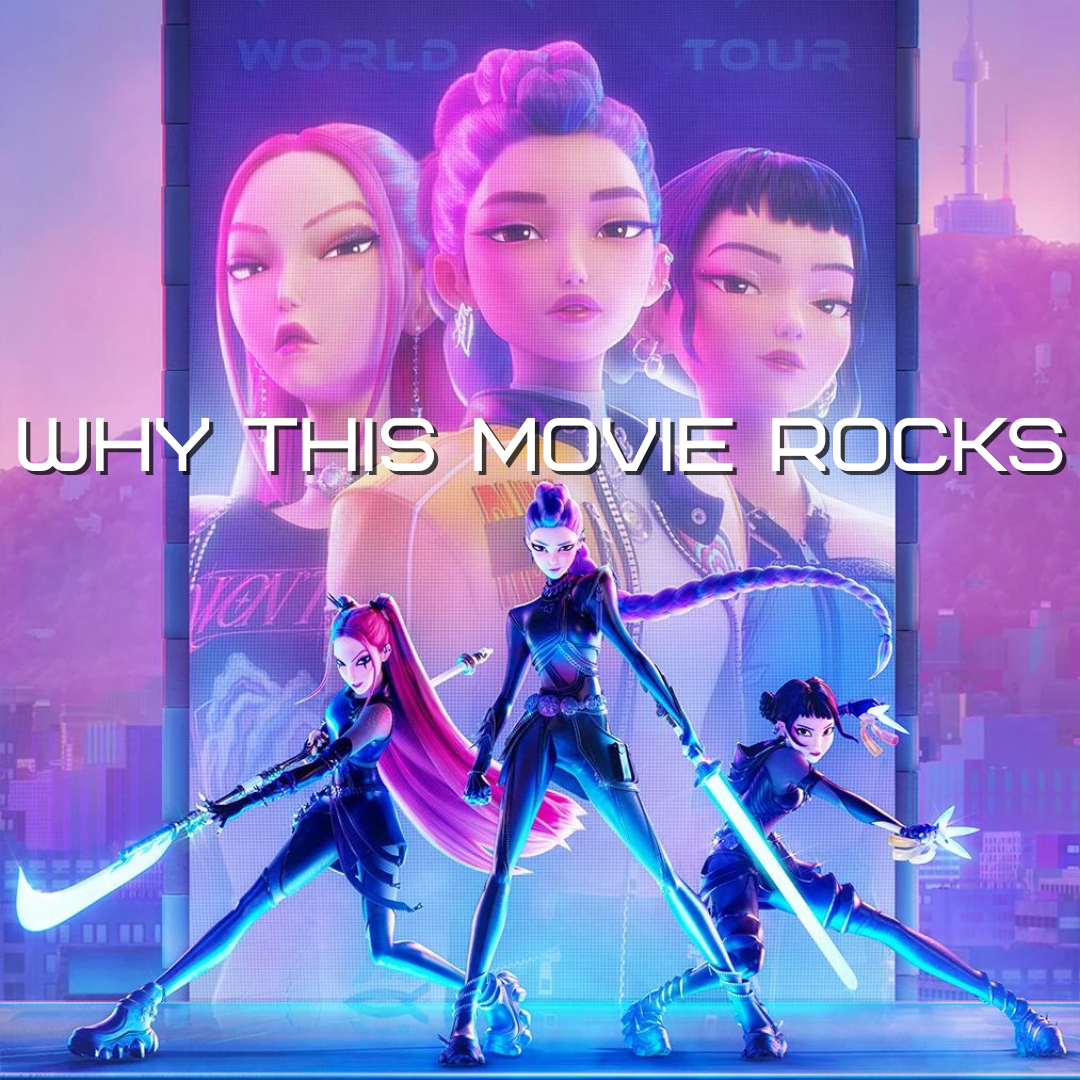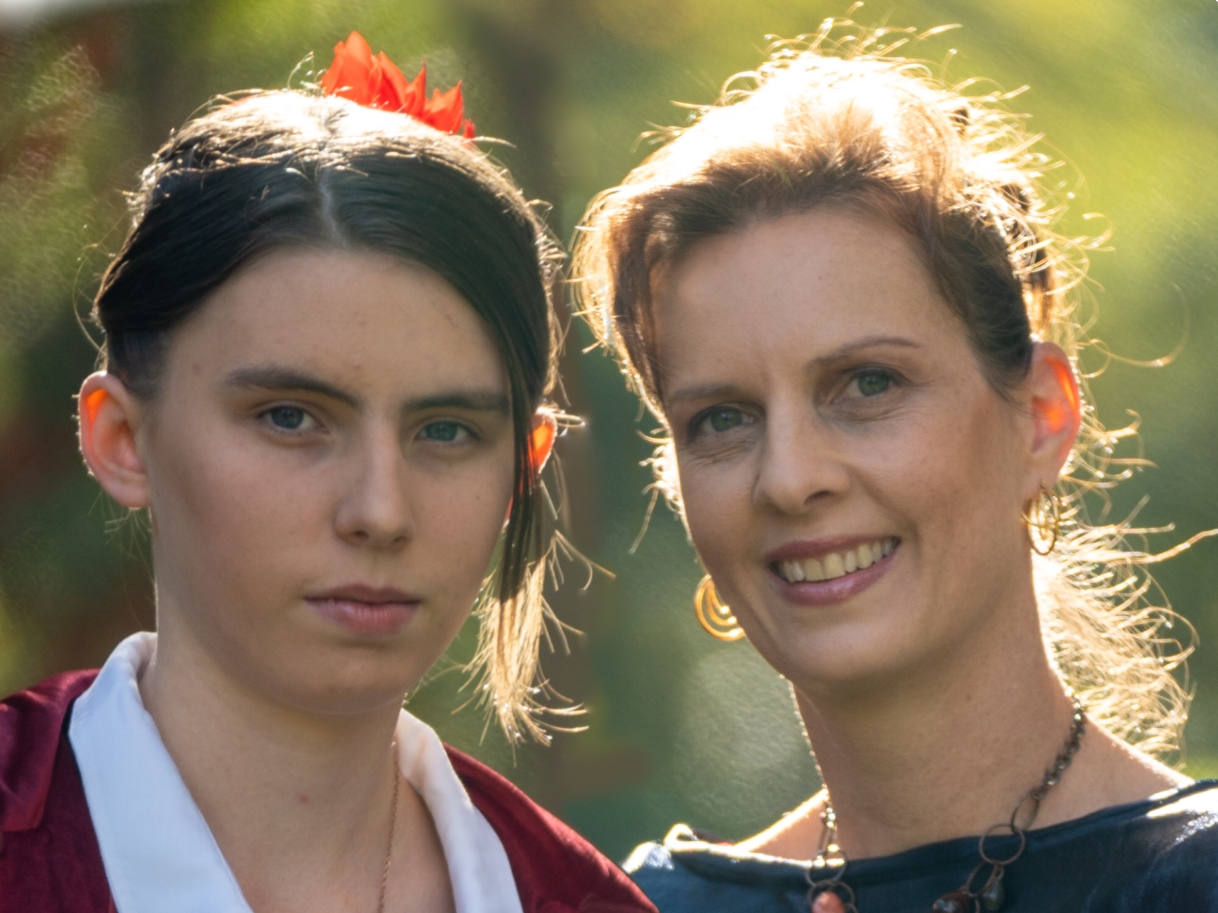Why K-Pop Demon Hunters Rocks
 This movie was one of the best I’ve seen in a while. It had excellent storytelling, amazing visuals, fabulous character development, a clear message, and great songs!
This movie was one of the best I’ve seen in a while. It had excellent storytelling, amazing visuals, fabulous character development, a clear message, and great songs!
I love musicals. Things can be conveyed through songs that are very difficult to do with dialogue. And conveyed very efficiently too. We see the inner thoughts of characters effortlessly, and layers of meaning can be packed into lyrics.
That was certainly the case with K-Pop Demon Hunters.
The songs were so rich with meaning.
It was clever how on the surface, ‘Soda Pop’ sounded sweet and innocent, but was really far more sinister. That’s exactly how evil operates in the world, disguising itself as something benign, good, popular. The Saja Boys were singing about how they were going to take advantage of the fans while the fans were all bopping along! What a metaphor for our culture!
The message became more explicit in ‘Idol’, but even then, it was still veiled in ambiguous language.
But there were also hidden layers of meaning in ‘Golden’, and the lyrics were used every bit as cleverly to bring out the themes of the movie.
‘No more hiding, now I’m shining, like I’m born to be.’
At first, Rumi took this to mean that after they had sealed the honmoon she wouldn’t have to hide anymore because her demon patterns would be gone. By the end of the movie, she realises she doesn’t have to hide even with them still showing—and that was a beautiful realisation. Because we all have scars, wounds, things we’re ashamed of.
Let me ask you a question. Did you like the Beast in his beast form better? Was there something bittersweet about him changing back into the prince?
There was for me, because, like Belle, I had fallen in love with him as the Beast!
Stay with me.
Some people were upset that Rumi’s patterns didn’t disappear, but if they had, it would have taken away an important part of the message—and turned it toxic.
Rumi did nothing to ‘deserve’ her patterns. She didn't need to be 'healed' of them. Note that Mira and Zoey were also outcast, just not in a physical way.
Many of us are scarred by our past, or our family’s past. Generational trauma is inherited as part of our DNA. We need to transform our woundedness, not try to erase it.
That’s what the movie was trying to say.
The more we try to hide our shadow, the more it grows. But when we own it—own our failures, weaknesses, scars, history—they lose some of their power over us. They are not gone, but they look different. And they no longer hold us back.
They don’t make us any less worthy, or any less capable of fulfilling our purpose.
In fact, much of the time they are what best qualify us.
‘My voice without the lies—this is what it sounds like.’
True perfection is found precisely in the ability to include imperfection.
Because often what we want is not actually what we need. This story, like all the best stories, helps us understand that.
And that’s why this movie rocks.
For more articles like this, subscribe to our newsletter here.


